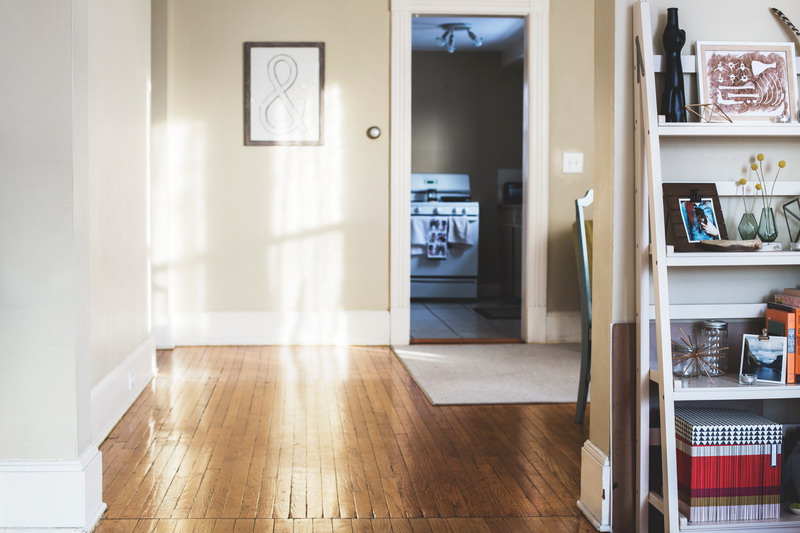Regardless of the type of tenancy agreement and its terms all landlord has obligation in respect of the property repairs which regulates by Section 11 of Landlord and Tenant Act 1985 :
(a)to keep in repair the structure and exterior of the dwelling-house (including drains, gutters and external pipes),
(b)to keep in repair and proper working order the installations in the dwelling-house for the supply of water, gas and electricity and for sanitation (including basins, sinks, baths and sanitary conveniences, but not other fixtures, fittings and appliances for making use of the supply of water, gas or electricity), and
(c)to keep in repair and proper working order the installations in the dwelling-house for space heating and heating water.

These obligations are applied to the tenancy with a period of less than seven years.
Since April 2016 landlord may claim only actual amount spent on repairing furnished rental property and this expenses must be proven by quote, receipt or bank statements. Earlier they may claim 10% of the whole rental profit.
As well, all rental property must meet health and safety standards which are specified in Housing Health and Safety Rating System. HHSRS covers potential hazardous area such electricity, gas and fire safety, damp and mould growth, vemin infestation, leaking roof, excessive cold in the living property. Environmental health department of council is responsible for assessing hazard during property inspection.
Tenant may complian to the council and ask to conduct inspection if landlord refuses to make repairs and fix the issue.
Council has right to take a legal action against landlords such as:
- order to carry out repairs or improvements
- restricts access to all or part rental property or restricts the number of tenants who can live there(if tenanted property is overcrowded)
- order to demolish a property if the renovation or repair is unacceptable
Council may carry out repairs and charge the landlord for these works.
List of repairs and it deadline:
1. Gas appliances must be serviced once a year by official gas engineer(Gas Safe Rerister)
2. Electricity appliances must be safe but law didn’t set up a dead line for maintenance and service, but landlord has liability under the Defective Premises Act 1972. Landlord is responsible for any injures or death caused by the defective electrical devices or system to the tenant, residents or it belonging into the premises.
3. It is also recommended that all portable electrical devices(any appliance with a plug attached to it) in the rental property must undergo PAT Test under the Health & Safety at Work etc Act 1974.
Examples of period for PAT test:
- electrical small appliances such as lamps, fans, kettles, toasters, vacuum cleaners – 2 years
- electric fires,fridge, washing and tumble dry machine – 4 years.
It's worth to mention another elcetrical test such as PIR test and Fixed Appliance Test (FAT) which allow to check the hoods, showers, towel rails, storage heaters and other devicesthat hard-wired to the electrical circuit and are not covered by the PAT tests.
4. Fire alarm test must be carried out regularly and it is advisable to kept a log book of all checks. Usually, responsibility to check fire alarm is put on the tenant’s shoulder and set up in tenancy agreement. There are no period to check fire alarm in terms of law.
Access to the property for repairs
If tenant refuses to get access for repairing property landlord have two options:
serve section 21 notice to end tenancy and carry out all work
serve a section 8 notice and apply to the court for possession on that basis under ground 6 of Schedule 2 of the Housing Act 1988.
Court will take into account all steps taken to get access to the property. It is important that if property becomes inhabitant for the work duration and landlord wouldn’t provide a temporary accommodation there is risk of possession order will be dismissed. Landlord should check insurance that likely to cover the temporary accommodation.